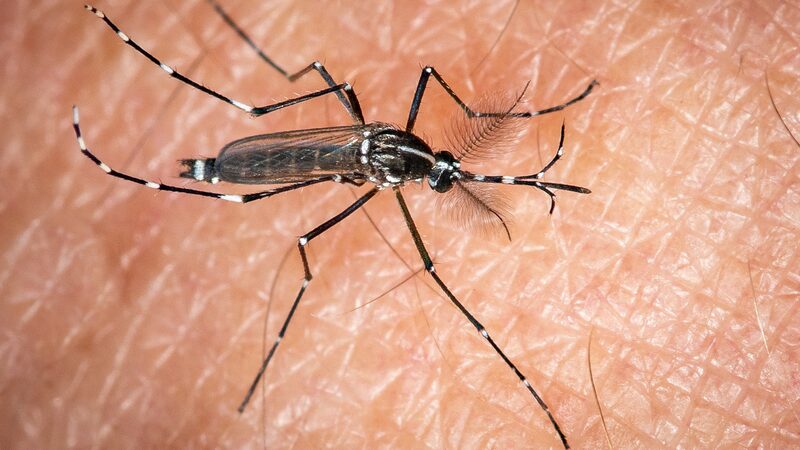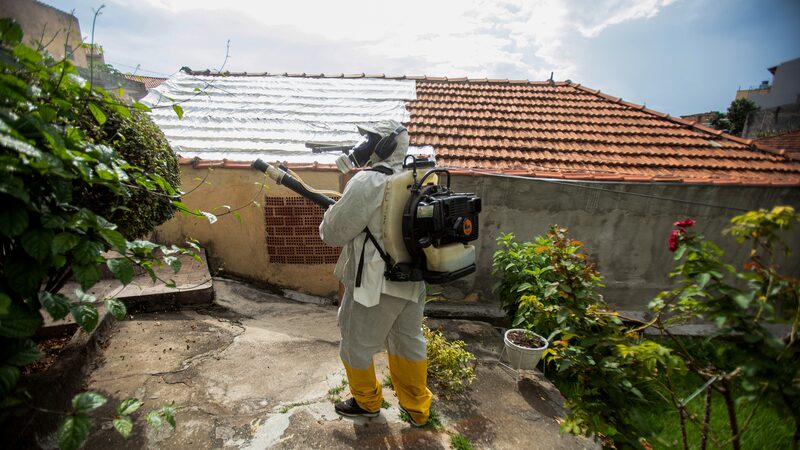Climate change is accelerating the spread of invasive mosquito species from Southeast Asia into Europe, heightening the risk of mosquito-borne diseases, according to data released on Tuesday by the European Centre for Disease Prevention and Control (ECDC).
The Aedes albopictus, commonly known as the Asian tiger mosquito, native to the tropical and subtropical regions of Southeast Asia, has established itself in over a dozen European countries, including Austria, Bulgaria, Croatia, France, and Germany. The ECDC reports that the species continues to expand its reach across the continent, largely due to warmer temperatures and changing climate patterns.
The spread of the tiger mosquito is a significant public health concern because it is a known carrier of diseases such as dengue fever, chikungunya, and Zika virus. The ECDC warns that the increasing presence of this mosquito heightens the potential for outbreaks of these diseases in Europe.
“With the ongoing climate change, we are witnessing a northward expansion and establishment of invasive mosquito species in Europe,” the ECDC stated. “This poses a serious threat to public health, as these species can transmit diseases that were previously rare in Europe.”
The ECDC emphasizes the importance of surveillance and control measures to prevent the further spread of the mosquito and mitigate the risks of disease transmission. Efforts include monitoring mosquito populations, public education on preventing mosquito breeding, and international cooperation to address the challenges posed by climate change.
Experts highlight that the situation underscores the interconnectedness of global health, climate change, and environmental factors. The spread of the Asian tiger mosquito serves as a reminder of how changes in one region can have significant impacts worldwide.
Reference(s):
cgtn.com








